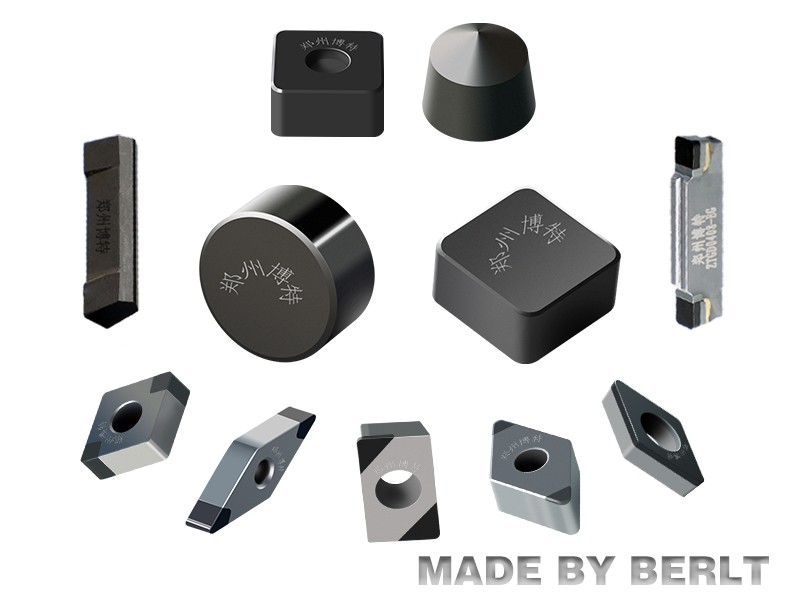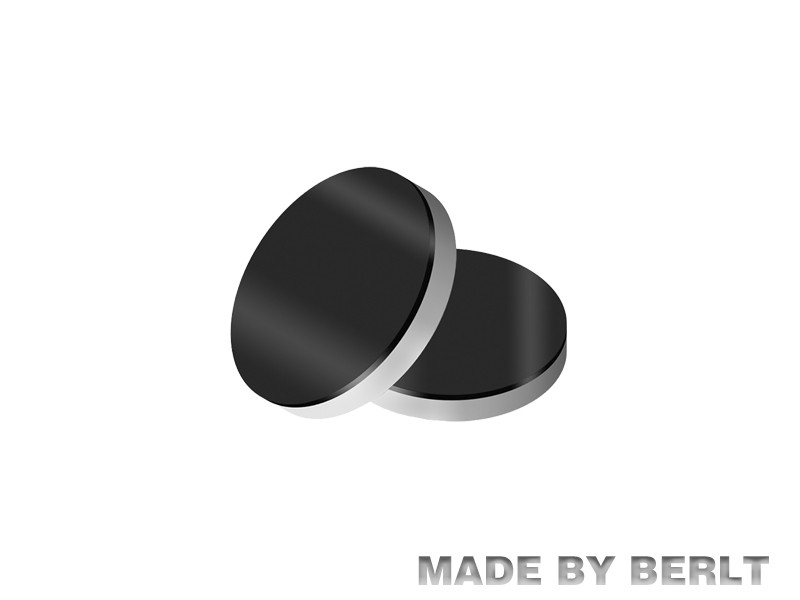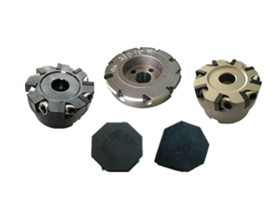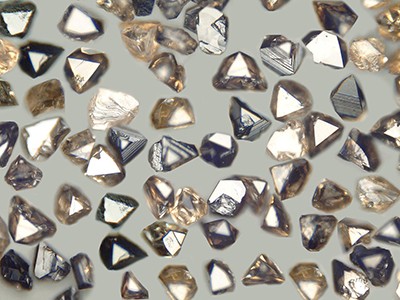In the world of metalworking, the grinding wheel is like a silent master sculptor, and the cubic boron nitride (cBN) wheel is known as the “diamond of industry”. Hidden in this black wheel are hundreds of millions of tiny crystalline particles, whose size difference can make a world of difference in the grinding effect - from rough metal cutting to mirror polishing, the secret lies in the size of those particles that are indistinguishable to the naked eye. Imagine magnifying a grinding wheel 100,000 times and seeing countless pyramids of cBN crystals held in place by a metal bond. Every micron reduction in the size of these miniature “diamonds” can lead to a dramatic turnaround in the wheel's fortunes.
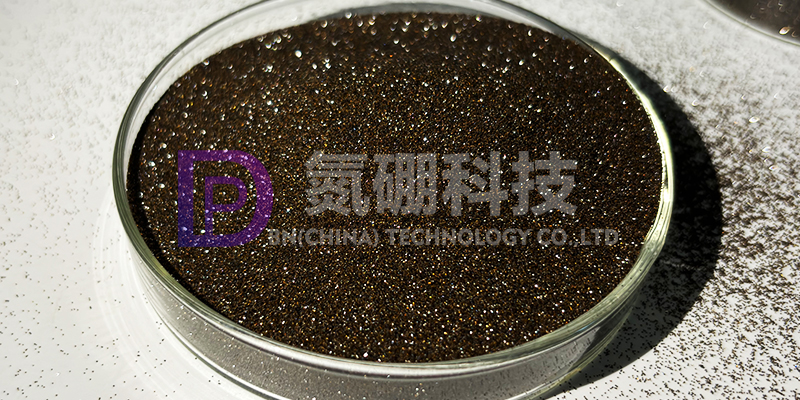
When engineers choose 80-100 micron particles, each crystal is transformed into a miniature tomahawk, when grinding hardened steel can be as sharp as tearing paper, cutting efficiency soared by 35%. But the cost of this violent aesthetics can not be ignored - the gap between the particles need to fill more bonding agent, but the overall hardness of the grinding wheel decreased by 15%, like paving the road with cobblestones, seemingly hard but easy to loosen off. After the particles are reduced to 20-40 microns, these “sugar” crystals begin to show their magical properties: they are arranged as tightly as a military training formation, increasing the density of the wheel by 22%, and the bonding agent only needs to be lightly wrapped, while the overall hardness jumps by 30%. What's even better, the fine particles continue to micro-fracture during the grinding process, revealing new sharp edges, making them especially suitable for scalpel-level precision machining.
The wisdom of modern grinding wheels goes far beyond the simple choice of grain size. Top manufacturers are playing with the art of “grain mixing” - using 100 micron coarse grains as the core layer for violent cutting, 40 micron medium grains as a transition layer to smooth out scars, and finally 20 micron fine grains for a mirror finish. This “sandwich structure” so that the grinding wheel life extended by three times, the processing of aviation turbine disk, from rough grinding to fine grinding in one go without changing tools. Some engineers even mix different sizes of particles, like mixing fine sugar in coarse salt, so that the crystals fill each other's voids, and control the fluctuation of grinding wheel hardness to ± 2% of the amazing precision.
When technology breaks through to the nanometer scale, 400-nanometer cBN particles begin to write a new legend. These invisible “invisible warriors” reduce the dosage by half, but can increase the hardness of the grinding wheel by 40%, leaving a surface smoother than a mirror when grinding aerospace ceramics. The secret is that the nanoparticles have “flow wisdom”, can automatically fill the microscopic cracks in the bond, as if the grinding wheel equipped with a self-healing system. In an experiment, this nano grinding wheel processing titanium alloy, not only burrs reduced by 87%, the efficiency is 2.8 times that of the traditional grinding wheel, the sparks seem to jump in the future manufacturing code.
From the rough hundred microns to the delicate nanoscale, cBN particles change in size like a symphony of metalworking. Large particles are the vibrating timpani, small particles are the delicate violins, and nanoparticles are the electronic synthesizers of the future. Each size adjustment triggers a butterfly effect in the microcosm, allowing each “musician” to perform to the best of his ability while ensuring that the entire “orchestra” resonates in harmony. These dimensional mysteries hidden in the grinding wheel are the hardcore wisdom of modern manufacturing that perfectly blends violent aesthetics with precision control.
